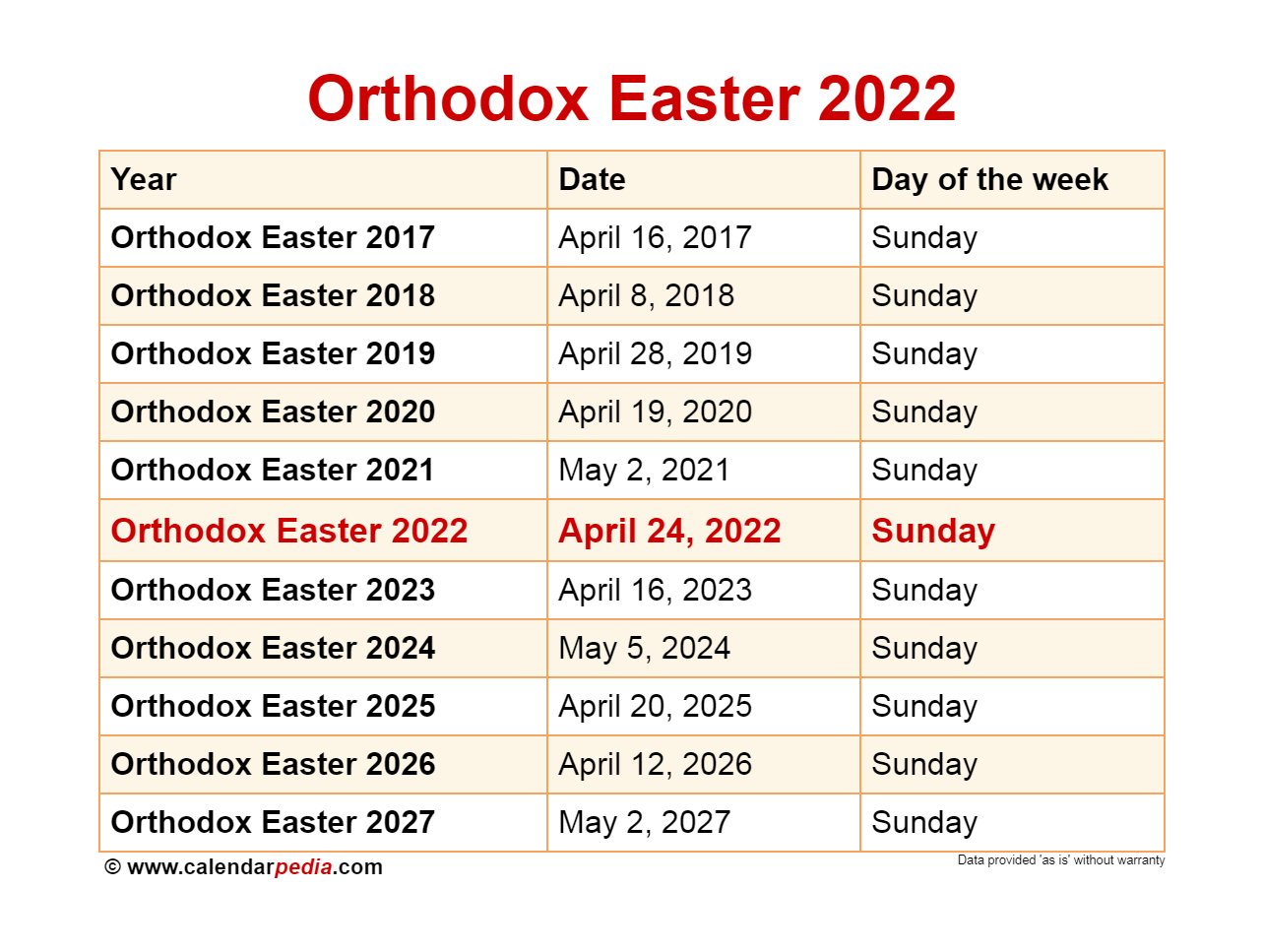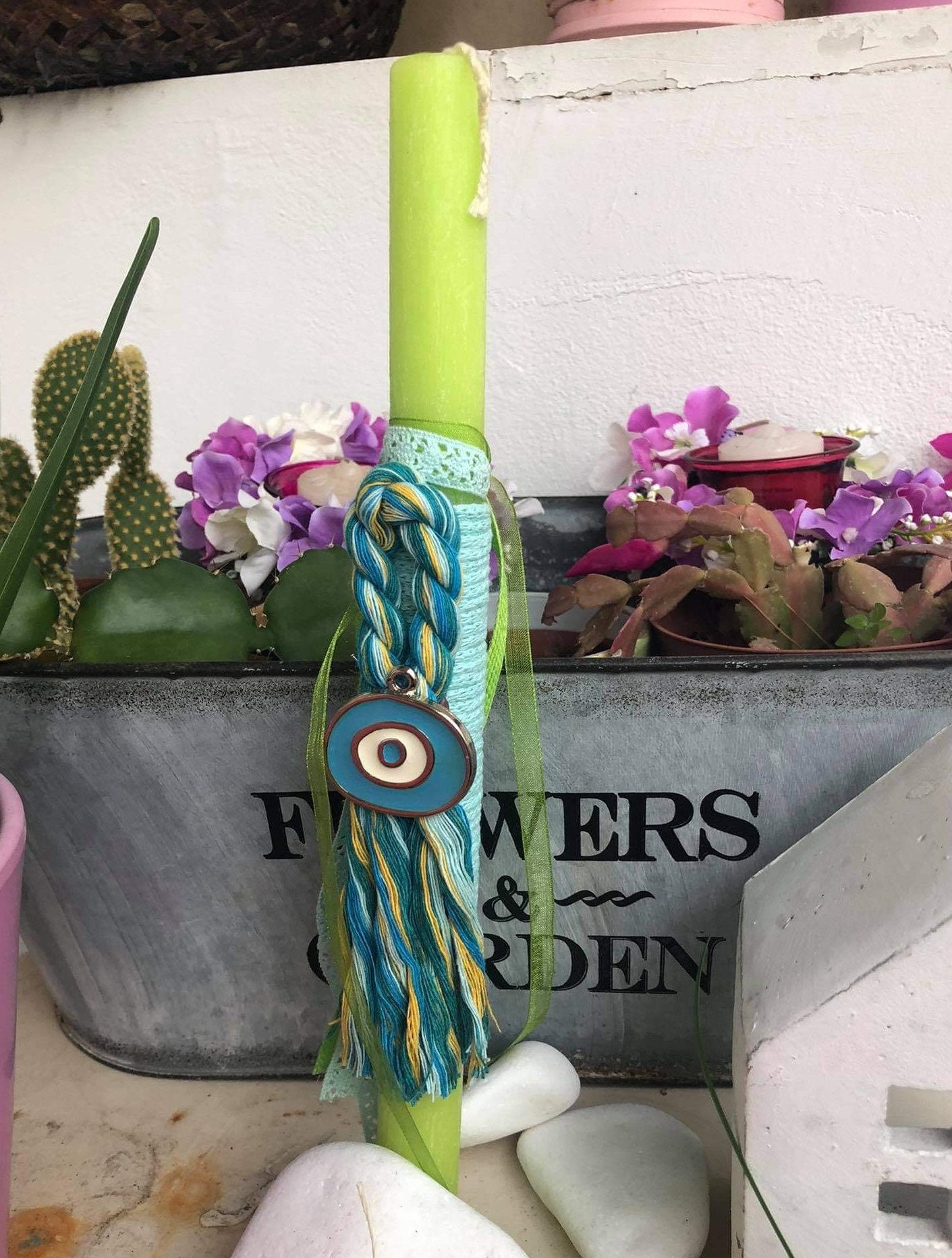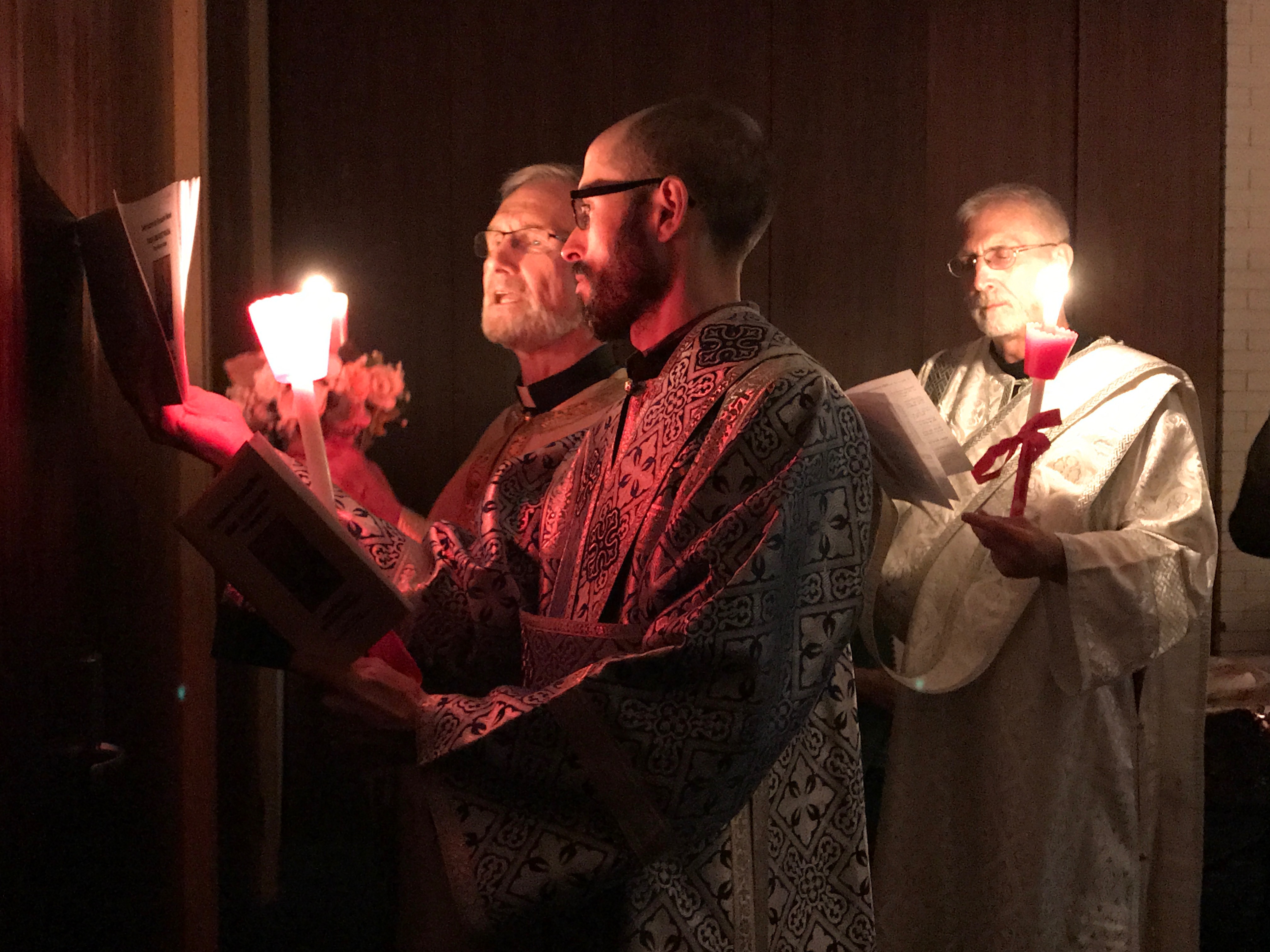

Photo by It’s all in the name: the coastal town of Vrontados (which means rumbling thunder) on the island of Chios is home to some 4,500 restless souls who make plans every year to outdo each other during the popular “rouketopolemos” ( rocket war) that traditionally takes place at midnight on Holy Saturday between the churches of Agios Markos and Panagia Erythiani built atop opposing hills. At noon, the Gospel of Love is read in the Tsakonian or Tsakonic Language, a derivative of the ancient Doric Greek and now almost extinct. Every parish prepares its own balloons made of rods, colorful paper and wire and at midnight the competition begins.īefore the Covid-19 restrictions and when the pandemic subsides, the municipality treats locals and visitors to food and wine in the City Hall gardens on Easter Sunday, as local musicians perform traditional songs of the region. It is said that the custom first emerged in the early 1900s by a local priest while others claim it was brought to the village by traveling sailors. When the church bells joyously mark Christ’s Resurrection, the night sky fills with these beautifully handcrafted balloons in an enthralling celebration of light. All year round, they work on hundreds of colorful air balloons that traditionally represent their parish on Holy Saturday. This busy little town in the eastern Peloponnese is home to some 7,000 permanent residents. Photo: Some 215km from Athens, nestled in the warm embrace of the captivating Parnonas mountain range and the deep blue Myrtoan Sea, is Leonidion.

The underlying feeling of loss during Holy Week paves the way for hope and rebirth, refocusing our attention once again on the ultimate meaning of life. Though Greece may be an ideal getaway for summer, visiting Greece during Orthodox Easter in the beginning of spring promises to be a mystical experience. This year, Greek Easter will be carried out with special rules. Everyone partakes in egg breaking – the winner being the one whose egg remains in tact.Īll these traditions will this year, be limited if not cancelled due to Covid-19 restrictions in place to curb the spread of the virus.

The festive occasion celebrating the Resurrection of Christ begins with the customary red egg bouts. Later in the day, family and friends unite around the table to indulge in roast lamb, homemade bread, fresh salad and fine wine. In the meantime, preparations for the feast traditionally begin at daybreak with the heads of the family preparing the coals to roast the lamb. At noon the faithful go to church to hear the Gospel of Love (translated into several languages announcing to the world that Christ Has Risen) as bells toll joyously. Young and old still observe the centuries-old traditions and rituals that lead up to Easter Sunday, the day of love. But although Orthodox Easter is the most important religious holiday for the Greek people, it also carries a profound wisdom of rebirth, serving as a celebration of life marked by the coming of spring.Įaster ( Pascha in Greek) is a unique experience that travelers to the country should not miss. But it is not Easter Sunday alone that makes up the beauty of Orthodox Easter, it is the preparations and religious rites that lead up to Easter Sunday.Įach day of Holy Week marks a day in the Passions of Christ which culminate with His Crucifixion, burial, Vigil and Resurrection. The rituals and traditions of Orthodox Easter date back thousands of years, each retaining a deep symbolism. Holy Week or “Megali Vdomada”, which starts with the mass on Palm Sunday, commemorating Christ’s coming to Jerusalem after his miracle of raising Lazarus from the dead, is a time of spirituality.Ĭhurches and chapels countrywide play a key role in creating the pious atmosphere, especially at midnight on Holy Saturday, when the Holy Light arrives and everyone, candles in hand, chants “ Christos Anesti” (Christ Has Risen). At sunset, it is carried through the town or village followed by the congregation holding dark brown candles in an enactment of a funeral procession while solemn chanting or mournful music is heard in the background. The Body of Christ is removed from the cross, wrapped in a white cloth and placed on the “ epitaphios”, which has been adorned with flowers. This is the darkest day of the year for the Orthodox faithful as they mourn Christ’s passing. Tolling bells echo in the background as Greeks hustle and bustle to get everything done before Holy Friday. Unique posture of the presidential guard Evzone during an epitaphios procession on Holy Friday in Athens.


 0 kommentar(er)
0 kommentar(er)
